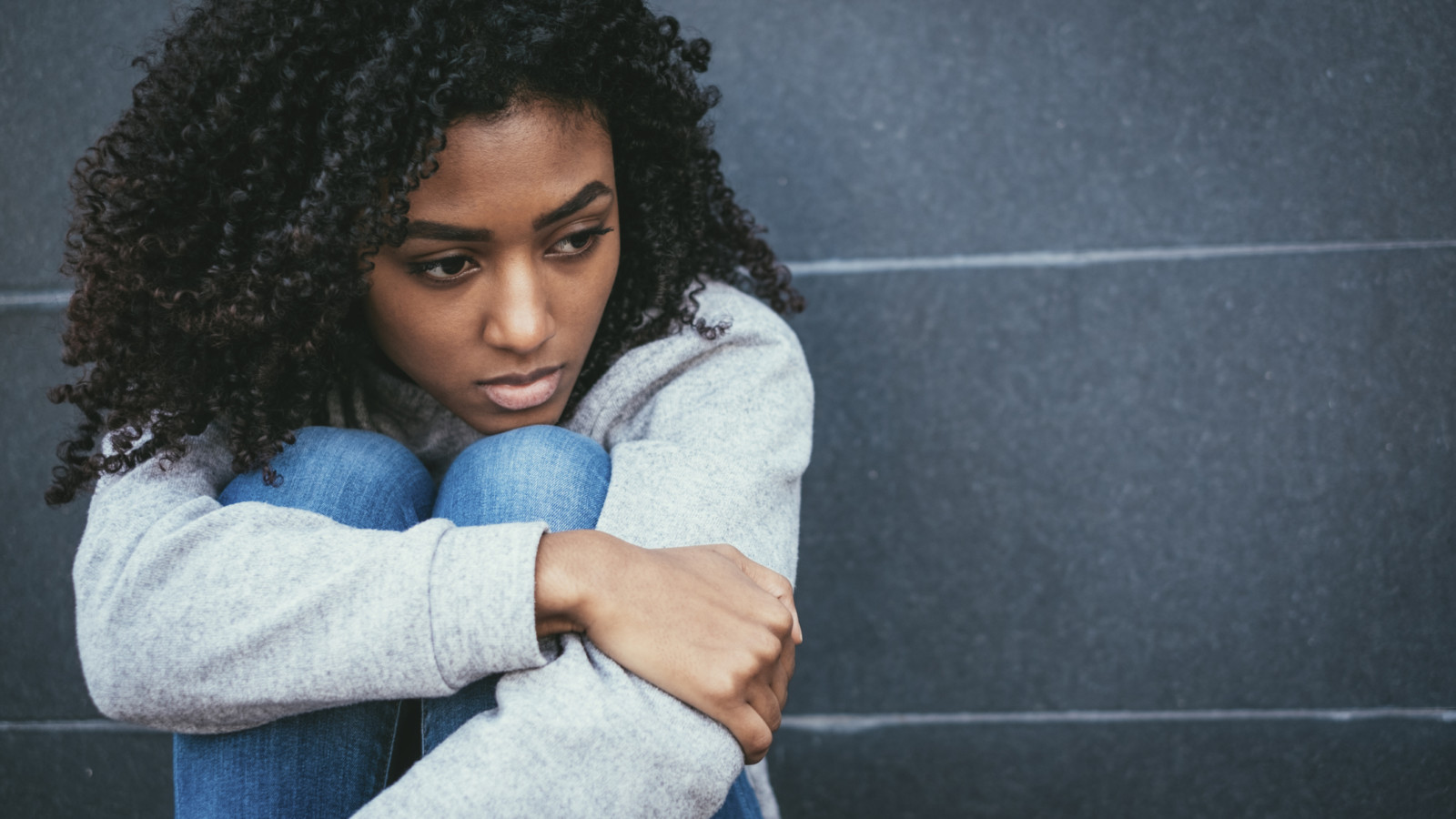As an addiction therapist and social work faculty member, I have worked with many people on their paths to recovery over the last 25 years and I have found that a person’s ability to heal is not defined by their willpower, set-backs, or even their ability to overcome obstacles. It is their self-awareness, perseverance, and willingness to grow that determines their path.
One man’s journey sticks out in my mind. His name is Don, and his story is told in the film short, Solid Ground. The film is part of TakeCare, a national initiative that offers tools to help people improve their own health and well-being through messages embedded in inspirational short films. I was fortunate to witness Don’s resilient spirit first-hand when he found the strength to tap into the benefits of mindfulness practices such as yoga, meditation, and the personal growth that can come from being truly present in our natural world.
By practicing mindfulness, Don was able to develop new coping skills, learn how to be aware without judgment, to be present in the moment, and to accept himself exactly where he is on his journey. These components of mindfulness have helped Don in his recovery; and they can be useful to anyone looking for a way to heal.
Finding New Coping Skills
Research has shown mindfulness practices provide healthy alternatives to cope with complex feelings and emotions. Many struggling with addiction experience stress, depression, or anxiety and misguidedly think that the only thing that can help them manage those feelings is the very substance that caused their addiction. Many will turn to unhealthy external solutions to cope with daily struggles, whether it’s alcohol, cigarettes, or junk food.
Don’s doctor in the film notes the importance of developing new, healthier coping skills to help him navigate his feelings so that he doesn’t revert to using substances when life gets hard. Through yoga and meditation, Don learns the powerful force of his own breath in calming him, bringing him awareness, and giving him permission to be human.
Awareness without Judgment
Many people judge themselves harshly. Getting out of that judgment loop is one of the hardest things to do for someone struggling with addiction because they often have so much shame and guilt about what they have done in their past and who they believe they are as a person. This usually results in harsh self-judgment and makes it even more difficult to move forward. Once a person pulls themselves out of that loop, they can change their thought patterns, manage what’s happening in the current moment, and know how to make healthier decisions. Meditation and yoga teach Don to stop beating himself up, accept himself as human, and move forward with confidence and humility in his decisions and path in life.
Being Present in the Moment and Accepting that Present Moment
Something as simple as slowing down and being present in the moment can change your perspective. In fact, research has shown that being present in the moment is associated with enhanced responses to daily stress. One day, Don says he was standing outside when he stopped and examined how he felt in that moment. “I feel pretty good,” he told himself. He suddenly realized he felt “normal” and that it was the first time in his life that he was aware that he really felt that way. This was his pivotal moment: a simple act of being aware of how he was feeling made him realize that he felt happiness. His joy was in the simplicity of being. It was this moment that propelled him forward on his journey of recovery. Without this self-reflection, he might have missed it.
Don’s life journey is ongoing, as is everyone’s. Mindfulness practices are wonderful tools available to anyone looking for help – whether someone is recovering from addiction, struggling with anxiety, or just needing an outlet to relieve stress. There are plenty of ways to practice mindfulness. For some ideas to get you started, you can visit TakeCare.org.
Laura Lander, MSW, LICSW, is an advisor on the film, Solid Ground, as a part of The Healthy US Collaborative’s TakeCare Campaign. She is an associate professor, social work section chief, and addiction therapist in the Department of Behavioral Medicine & Psychiatry, and Department of Neuroscience, at West Virginia University School of Medicine.


